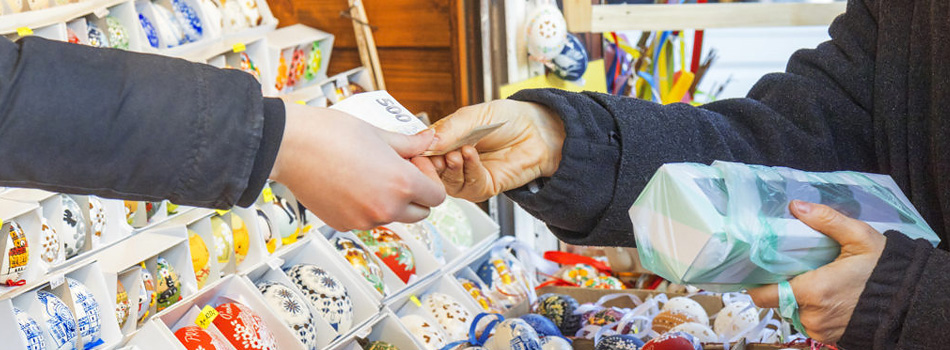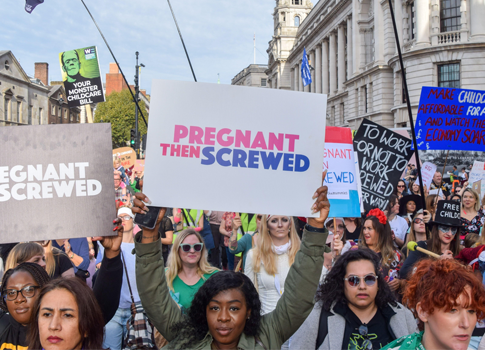There are those of us that savour, and there are those of us that over-indulge and eat six Creme Eggs in one day. Whatever your style, and trust me there’s no judgement here, across the country consumers’ hoards of Easter eggs are starting to diminish.
According to recent studies, Brits were set to spend over £1.1 billion on chocolate, gifts and entertainment over the Easter period, an average of £30.41 each – that’s a lot of Easter eggs. As UK consumers splurge more and more each year (the average spend increased by 24% compared to 2018), we have to question whether the true meaning behind our national holidays is being devalued by the rise of commercialisation.
It seems that nowadays practically everything has been commercialised in some way, shape or form. Despite serving as a great reminder to send your mother flowers, the supermarket displays conveniently placed throughout stores offer unlimited temptation to boost consumer spend throughout the year, often well in advance of the actual event. Christmas, New Years, Valentine’s Day, Mother’s Day, Easter, Father’s Day, Halloween…seemingly unavoidable and inescapable spending opportunities. But what about the origins of these notable days? Is there a compromise to be had between brands’ commercial profit, and engaging users through sentimental value?
I believe there is, and I think brands are increasingly beginning to realise the relationships they can build with consumers by incorporating personal values into their marketing efforts.
Millennial purchasing power is also a growing consideration for brands, and a key driver behind the movement towards more genuine, socially aware content. According to a study by Cone Communications, 91% of millennials surveyed would change their purchasing decision to support a brand seen to be supporting or representing a social cause. While some may take a more extreme stance, such as Iceland’s integration with Greenpeace on their 2018 Christmas campaign against palm oil production, or John Lewis’ renowned ‘Man on the Moon’ campaign with Age UK; Easter presents a more subtle opportunity for brands to communicate their core values and engage with consumers on an emotional level.
Last year, chocolate giants Nestlé diverted attention away from their vast range of gifts with an Alice in Wonderland style ad with the message ‘Life makes us grow up; Easter brings us back’. The thoughtful piece set to bring consumers back to the real reason that we come together at Easter: family.
In a similar fashion, this Easter we saw M&S bring back their iconic ‘this is not just food’ strapline, adding a humorous twist that re-positions the food brand to appeal to a less premium, family-orientated audience. One scene sees a mother enticing her son home with the promise of M&S lamb, perfectly entwining the brand with Easter’s traditional family values in a situation that parents and offspring alike can relate to. While the brand’s reintroduction of the 2014 tagline is no doubt hoping to re-create the previous success of the high street chain, which saw sales of their classic chocolate pudding rise by 3500%, the integrated launch around the Easter period demonstrates the compromise between inflating sales and engaging with users in their daily lives through the things that matter most to them.
So, what’s next on the agenda for retailers across the country? Fathers’ day is fast approaching, and with consumers becoming more involved, and spending more each year, there is potential for brands to boost mid-year sales – particularly those specialising in ties, beer and socks. But, how many will take the opportunity to resonate with consumers on a personal level? How many will focus their marketing on celebrating and appreciating dads? And how many will just maximise sales targets?






